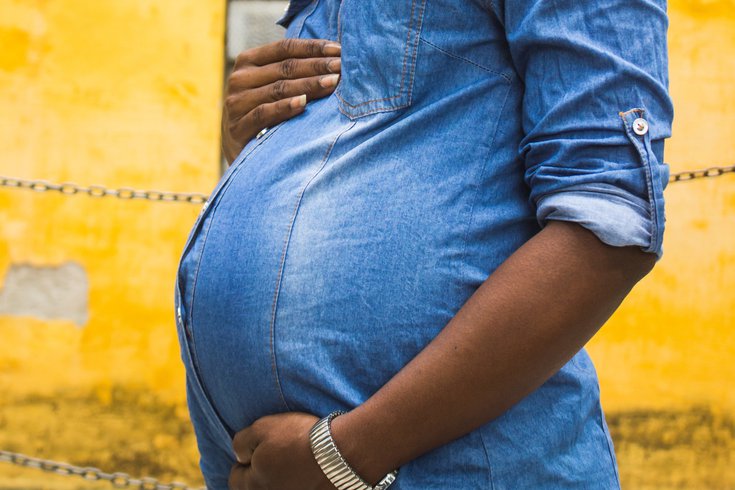
July 10, 2020
 Thiago Borges/Pexels.com
Thiago Borges/Pexels.com
Pregnant women may be able to transmit the coronavirus to their unborn babies, a new study suggests.
Additional evidence suggests that in utero transmission of COVID-19 is possible.
Researchers found the coronavirus and antibodies against it in the placentas, umbilical cords, vaginas and breast milk of some pregnant, infected women.
The small, Italian study involved 31 women who gave birth in March and April after testing positive for COVID-19. Researchers released preliminary findings Thursday ahead of a one-day, worldwide conference on COVID-19.
Only two of the babies were born with COVID-19 – and those cases were mild. Both babies recovered. One of them tested negative two days after birth, suggesting it already may have been producing antibodies against the coronavirus in the womb.
Previous studies conducted by Chinese researchers have shown that in utero transmission may be possible, though some doctors have suggested the virus was transmitted during or after birth. But other viruses – including HIV and Zika – can be transmitted in the womb.
The Italian study adds to evidence to this possibility, but the researchers stressed that their findings are preliminary and more research is needed.
"This is about raising awareness, to induce people not to underestimate this issue," lead author Dr. Claudio Fenizia, an immunology specialist at the University of Milan, told The Telegraph. "Two out of 31 is not that low – it is 6%, and if you consider the total number of infected pregnant women, that is quite a lot. It's a ringing bell, but that's all at the moment."
Fenizia said it is too early to change guidelines for pregnant women and mothers of newborn babies.
Diana W. Bianchi, the director of the Eunice Kennedy Shriver National Institute of Child Health and Human Development, told The Washington Post that the results are inconclusive.
She said it is hard to determine whether a child was contaminated by bodily fluids from an infected mother during delivery.
Researchers found the coronavirus in one woman's breast milk, one vagina, one placenta and one umbilical cord. They found antibodies in nine umbilical cords and one woman's breast milk.
Dr. Anton Pozniak, a virus expert at the Chelsea and Westminster Hospital in London, told the Associated Press that the implications of the study "have to be worked out." He noted that children under age 3 rarely experience severe COVID-19 cases.
"I would suspect that even if there was transmission to babies, it was not harmful."
Follow Allie & PhillyVoice on Twitter: @allie___miller | @thePhillyVoice
Like us on Facebook: PhillyVoice
Add Allie's RSS feed to your feed reader
Have a news tip? Let us know.